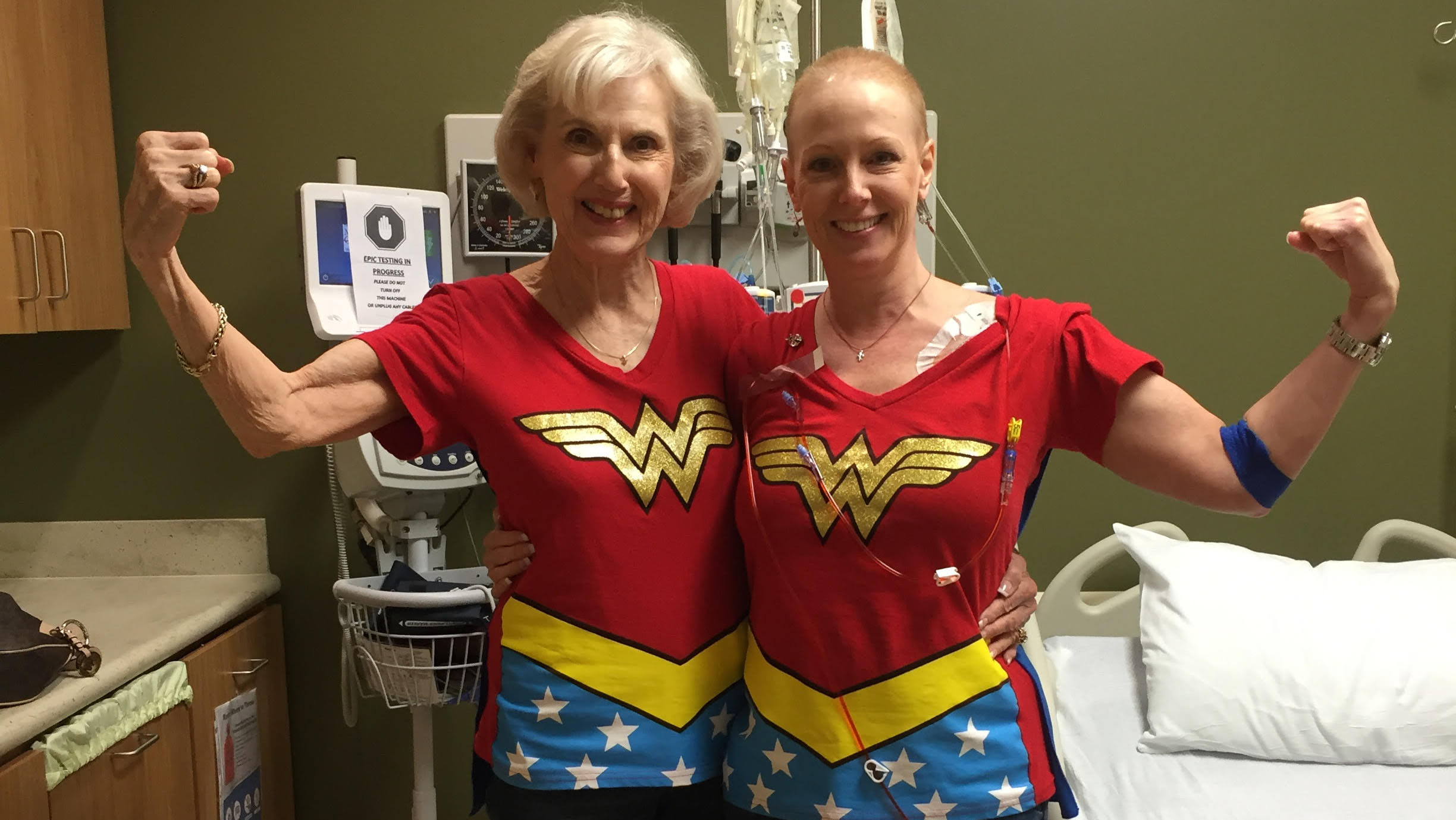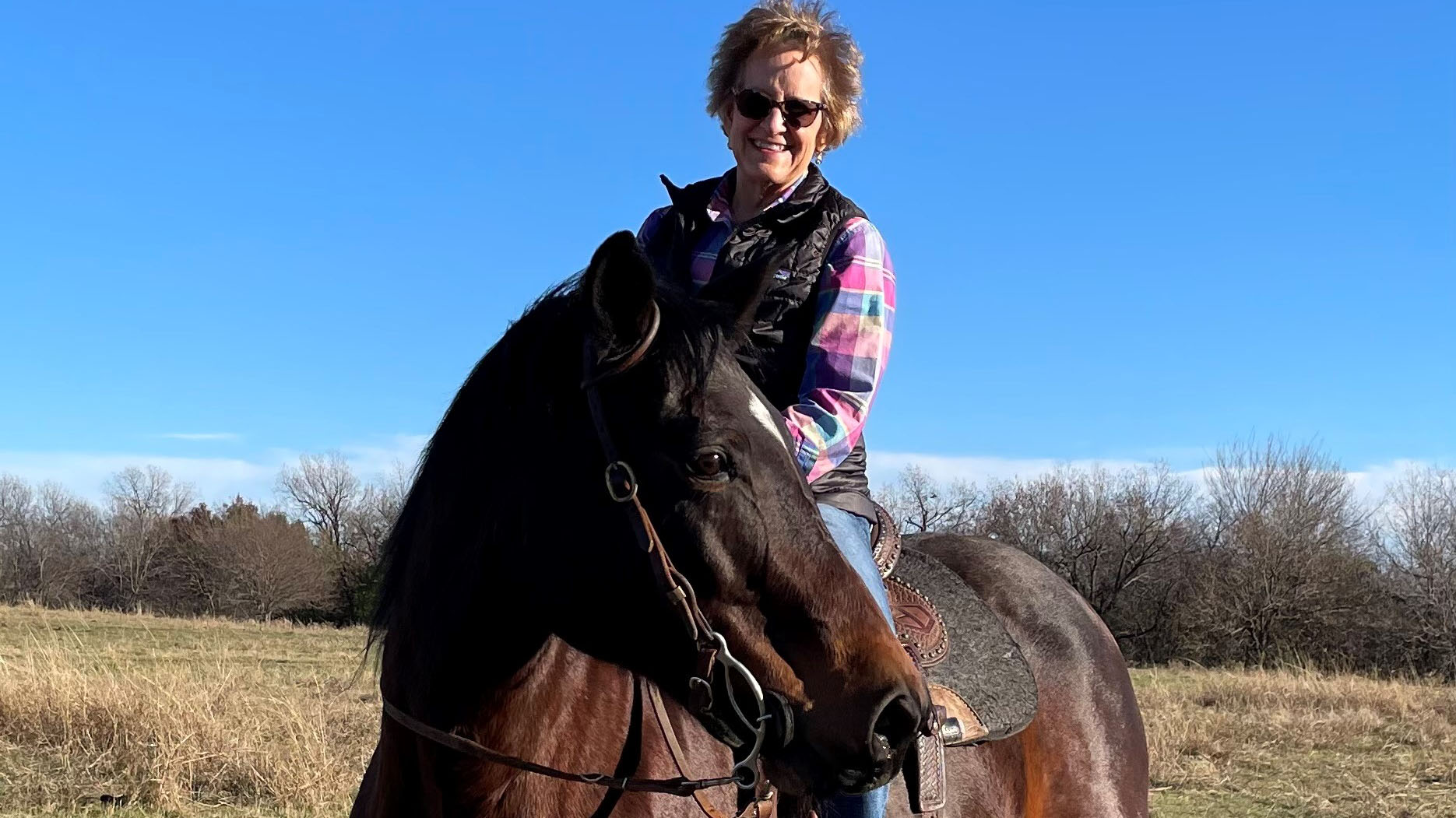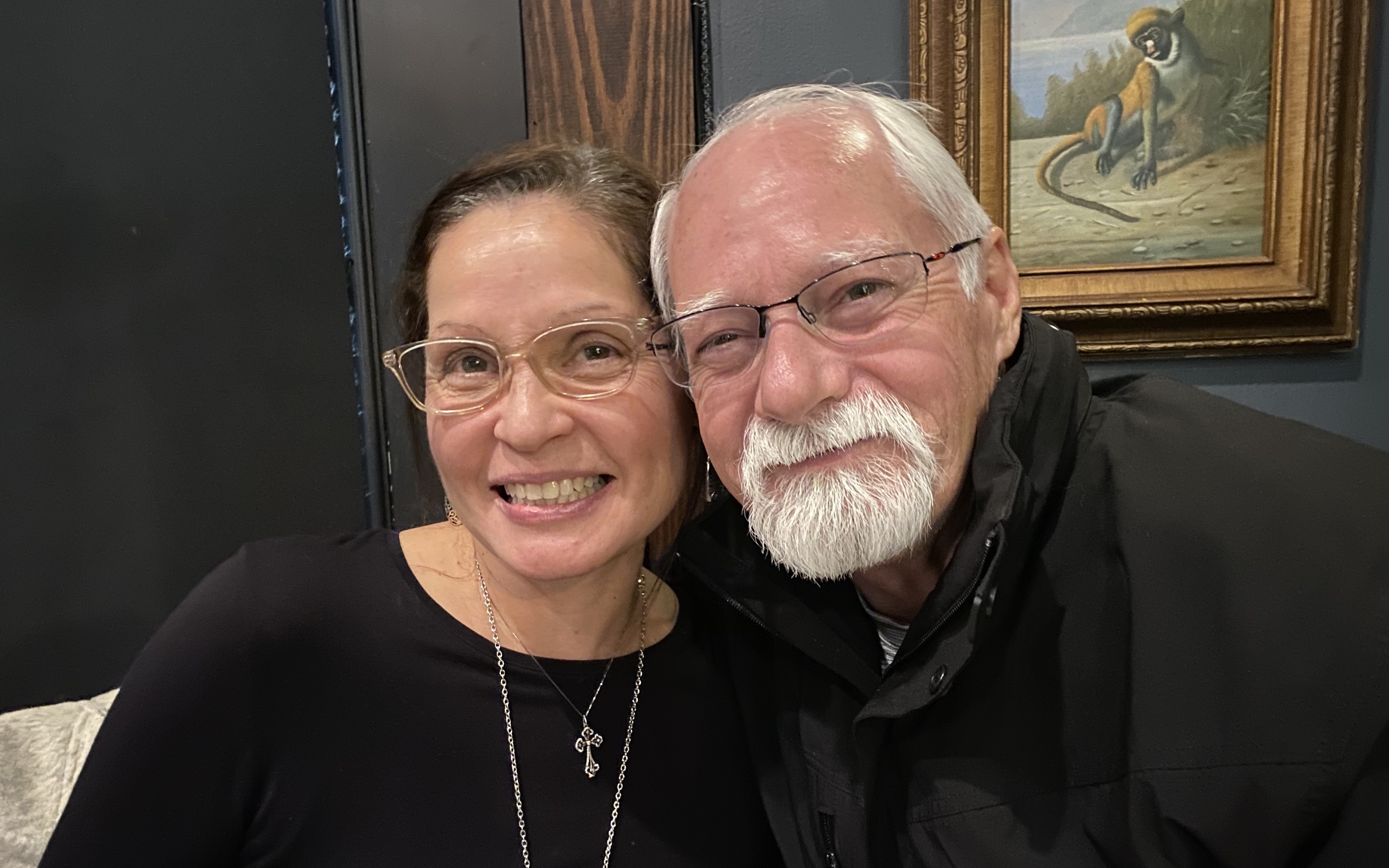- Diseases
- Acoustic Neuroma (16)
- Adrenal Gland Tumor (24)
- Anal Cancer (70)
- Anemia (2)
- Appendix Cancer (18)
- Bile Duct Cancer (26)
- Bladder Cancer (74)
- Brain Metastases (28)
- Brain Tumor (234)
- Breast Cancer (726)
- Breast Implant-Associated Anaplastic Large Cell Lymphoma (2)
- Cancer of Unknown Primary (4)
- Carcinoid Tumor (8)
- Cervical Cancer (164)
- Colon Cancer (168)
- Colorectal Cancer (118)
- Endocrine Tumor (4)
- Esophageal Cancer (44)
- Eye Cancer (36)
- Fallopian Tube Cancer (8)
- Germ Cell Tumor (4)
- Gestational Trophoblastic Disease (2)
- Head and Neck Cancer (14)
- Kidney Cancer (130)
- Leukemia (342)
- Liver Cancer (50)
- Lung Cancer (286)
- Lymphoma (278)
- Mesothelioma (14)
- Metastasis (30)
- Multiple Myeloma (100)
- Myelodysplastic Syndrome (60)
- Myeloproliferative Neoplasm (6)
- Neuroendocrine Tumors (16)
- Oral Cancer (102)
- Ovarian Cancer (178)
- Pancreatic Cancer (160)
- Parathyroid Disease (2)
- Penile Cancer (14)
- Pituitary Tumor (6)
- Prostate Cancer (150)
- Rectal Cancer (58)
- Renal Medullary Carcinoma (6)
- Salivary Gland Cancer (14)
- Sarcoma (238)
- Skin Cancer (300)
- Skull Base Tumors (56)
- Spinal Tumor (12)
- Stomach Cancer (66)
- Testicular Cancer (28)
- Throat Cancer (92)
- Thymoma (6)
- Thyroid Cancer (100)
- Tonsil Cancer (30)
- Uterine Cancer (86)
- Vaginal Cancer (18)
- Vulvar Cancer (22)
- Cancer Topic
- Adolescent and Young Adult Cancer Issues (22)
- Advance Care Planning (12)
- Biostatistics (2)
- Blood Donation (18)
- Bone Health (8)
- COVID-19 (360)
- Cancer Recurrence (120)
- Childhood Cancer Issues (120)
- Clinical Trials (628)
- Complementary Integrative Medicine (22)
- Cytogenetics (2)
- DNA Methylation (4)
- Diagnosis (238)
- Epigenetics (6)
- Fertility (62)
- Follow-up Guidelines (2)
- Health Disparities (14)
- Hereditary Cancer Syndromes (128)
- Immunology (18)
- Li-Fraumeni Syndrome (8)
- Mental Health (122)
- Molecular Diagnostics (8)
- Pain Management (62)
- Palliative Care (8)
- Pathology (10)
- Physical Therapy (18)
- Pregnancy (18)
- Prevention (936)
- Research (390)
- Second Opinion (78)
- Sexuality (16)
- Side Effects (616)
- Sleep Disorders (10)
- Stem Cell Transplantation Cellular Therapy (216)
- Support (408)
- Survivorship (328)
- Symptoms (182)
- Treatment (1788)
MD Anderson helps survivor through three cancer diagnoses
5 minute read | Published November 21, 2024
Medically Reviewed | Last reviewed by George Blumenschein, M.D., on November 21, 2024
Diane White had bronchitis off and on for most of her adult life. But one case in late 2019 was hard to shake.
So, she saw her family doctor in Fort Smith, Arkansas, and had an X-ray. The doctor thought it was pneumonia. But after several scans and a biopsy, Diane learned she had non-small cell lung cancer.
Choosing MD Anderson for lung cancer treatment
Diane was 68 at the time of her lung cancer diagnosis. It was stage III. She was told she couldn’t have surgery.
“After being told I had lung cancer that was inoperable, I felt like I didn’t have a chance,” says Diane, who had never smoked.
After the initial shock of her diagnosis, Diane and her family focused on finding the right place for treatment.
“MD Anderson has an excellent reputation,” says Diane. “For years, I’d run into people whose son, daughter, wife or whomever had been treated at MD Anderson. So, for me, the natural thing to do was to go to MD Anderson first. I could have gone online and checked ratings, but I would have found MD Anderson there, too. They’re No. 1 in the nation for cancer care.”
Diane called MD Anderson to request an appointment. She had her first visit a week later.
Trusting MD Anderson’s expertise
Diane’s husband and caregiver, Larry, came with her to the appointment. It was during the holidays, but Diane felt anything but cheery.
“Even though I knew I was going to a great place for treatment, I felt depressed and hopeless,” she recalls.
But thoracic/head and neck medical oncologist George Blumenschein, M.D., immediately put her at ease.
“He told me there’s so much research happening with lung cancer treatment, and when one thing doesn’t work, we try something else,” Diane says. “From then on, my fears were pretty much gone.”
She was also impressed with the way MD Anderson treats its patients.
“They make you feel very important, and they handle you sensitively,” she says. “I noticed that immediately.”
Clinical trials help through two cancer diagnoses and brain metastasis
In December 2019, Diane enrolled in a clinical trial in which she received the immunotherapy drugs nivolumab and ipilimumab. She also received 30 rounds of radiation therapy under the direction of thoracic radiation oncologist Steven Lin, M.D., Ph.D.
Unfortunately, the lung cancer spread to Diane’s brain, making it stage IV. In June 2020, radiation oncologist Debra Nana Yeboa, M.D., performed Gamma Knife® stereotactic radiosurgery, and neurosurgeon Frederick Lang, M.D., completed a craniotomy to surgically remove the brain metastases. This treatment was also part of a clinical trial.
Molecular analysis revealed that the lung cancer was triggered by a mutation in the Epidermal Growth Factor Receptor (EGFR) gene, specifically exon 21 L858R. So, Blumenschein started Diane on the targeted therapy drug osimertinib as part of another clinical trial. Osimertinib is an EGFR-targeted tyrosine kinase inhibitor used to stop tumor cells from growing by blocking the signal from EGFR that tells them to multiply and grow.
The targeted therapy worked well. Then in May 2021, results from a CT scan showed development of a second type of cancer on Diane’s left breast. She was unable to continue on the clinical trial, but she remained on osimertinib. That August, breast surgeon Susie Sun, M.D., performed a lumpectomy to remove the tumor while breast radiation oncologist Benjamin Smith, M.D., performed a round of radiation therapy.
“I thought, ‘Gosh, every year, they’re going to catch something new,” recalls Diane. “But then it stopped for a few years.”
In February 2024, Yeboa performed another Gamma Knife® procedure to treat a suspicious spot on Diane’s brain. She hasn’t had any issues since.
Managing cancer treatment side effects
Diane is currently not on any clinical trials. She takes osimertinib daily as a pill. The treatment has some side effects.
“My fingernails and toenails are so sharp that they’ve become like little knives. So, I always carry a nail file with me,” she says. “I also have bad acid reflux, so I have to be careful what I eat at night. Sometimes, I have bad diarrhea.”
Diane spoke to her family doctor and her MD Anderson care team about how to manage these side effects. Sometimes she takes medication to help with the acid reflux. She takes over-the-counter medicine for the diarrhea when she needs to, like when she flies from Arkansas to Houston for checkups.
“I’ve learned how to live with these annoyances,” says Diane. “I don’t refer to them as side effects because I’m not in any pain. I can function normally. And my husband has been so supportive.”
Maintaining a positive attitude
Through it all, Diane has focused on thinking positively, something she learned from her mother.
“She was the most positive person I knew,” says Diane. “I saw how she handled things when I was growing up. If you get a bad turn in life, you just adjust and keep going. I believe you should keep doing what you enjoy, even though your diagnosis may affect how you approach it.”
After she was diagnosed with lung cancer, Diane, who was retired at the time, adjusted her retirement goals to be more legacy-oriented.
“I asked myself, ‘What do I want to leave behind? How do I want people to remember me?’” she says. “Dr. Blumenschein always tells me to follow my passions and keep exploring my interests. And I have.”
Diane enjoys curating local museum exhibits and researching her family’s history. She hopes to leave a manuscript for her grandchildren and future generations that documents centuries of researched tales about people in her family tree.
Diane comes to MD Anderson every three months for checkups and scans. Though she still gets a little anxious each time, she knows she’s at the right place.
“My lung cancer is still inactive. I’m grateful for MD Anderson, Dr. Blumenschein and the rest of my amazing care team,” she says. “Knowing I’m at the best place possible to treat cancer gives me hope.”
Diane has this advice for people newly diagnosed with cancer: “Go to MD Anderson first.”
Request an appointment at MD Anderson online or call 1-888-597-3084.
Related Cancerwise Stories

Knowing I’m at the best place possible to treat cancer gives me hope.
Diane White
Survivor





